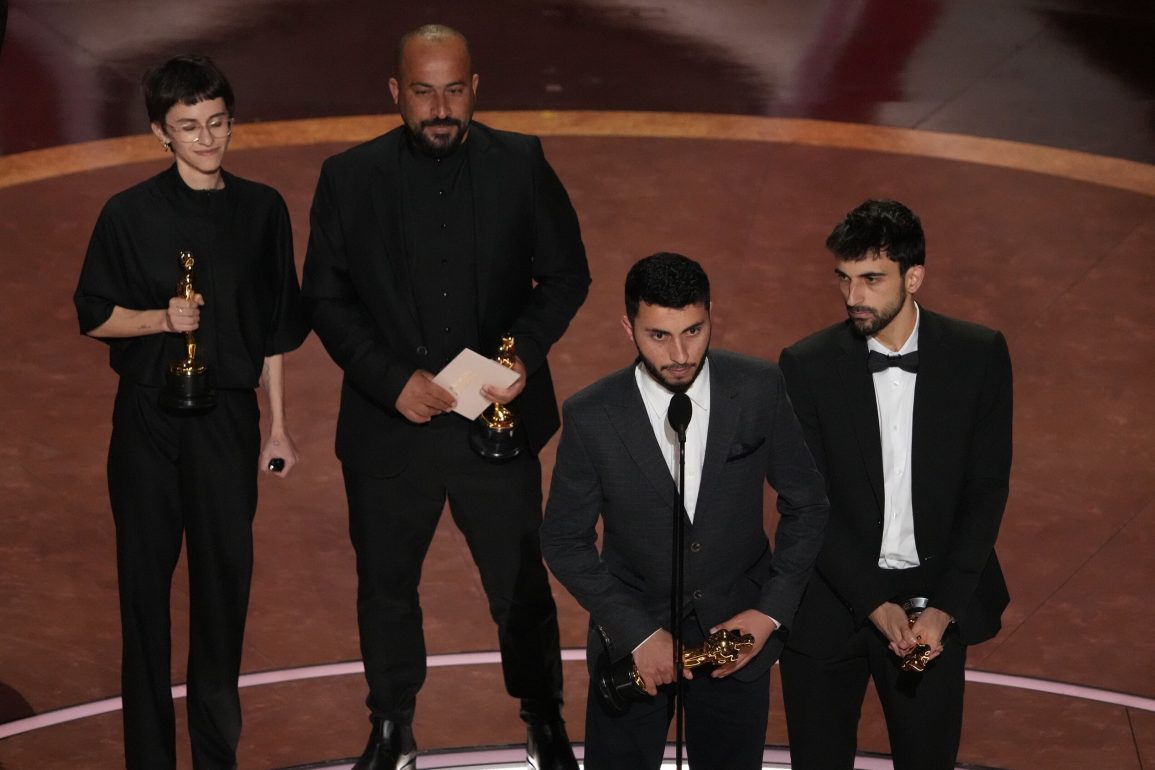Miami Beach Mayor Steven Meiner has withdrawn a contentious proposal to end the city’s lease with O Cinema, a local theater that screened the Oscar-winning documentary No Other Land, which explores the war between Israel and Hamas. Meiner, who is Jewish, initially labeled the film a “one-sided propaganda piece” that portrayed the Israeli army and Jewish people negatively.
His resolution would have not only ended the city’s lease agreement with the theater, located in the old City Hall, but also cut public funding. However, after mounting public criticism, Meiner reversed his position during a City Commission meeting on Wednesday.
Public and Industry Outcry Forces Rethink, Sparks Call for Balanced Film Narratives
The reversal came amid intense backlash from the public and the film industry, which decried the proposal as a violation of free speech and artistic freedom. Hundreds of artists and filmmakers signed an open letter condemning the effort as an attack on the First Amendment and on Miami Beach residents’ right to access diverse perspectives in cinema. The letter emphasized the importance of allowing theaters like O Cinema to operate without political interference and had garnered over 750 signatures by Wednesday morning.

While Meiner withdrew his initial resolution, he deferred to an alternative plan encouraging the theater to present more “balanced” portrayals of the Israel-Hamas conflict. He argued that the film distorted facts and could potentially harm Jewish communities, citing his own concerns and research after watching the film. He also noted that before the screening, he had asked the theater’s leadership to reconsider showing the film. While the CEO initially agreed, the board ultimately decided to proceed, prompting further concerns from Meiner about their partnership with the city.
Filmmakers Defend Free Expression Amid Debate Over Government’s Role in Artistic Content
Prominent voices in the filmmaking community, including Kareem Tabsch, a co-founder of O Cinema, responded strongly to Meiner’s actions. Tabsch accused the mayor of using his office to infringe on constitutional rights and emphasized that the theater exists to host thought-provoking content. Yuval Abraham, one of the film’s directors, also criticized Meiner’s remarks, warning that attempts to ban films typically backfire and only increase public interest. Abraham labeled Meiner’s statements as dangerous and an affront to creative freedom.
Despite the controversy, O Cinema moved forward with the screenings of No Other Land, both of which quickly sold out for Wednesday and Thursday. The strong public interest indicates that the debate may have amplified awareness of the film rather than suppressed it. Meiner acknowledged that because the theater operates on government property, the city had a vested interest in its programming decisions. Still, his attempt to intervene sparked a broader debate over the role of local governments in shaping public discourse, especially when it intersects with contentious geopolitical issues.


